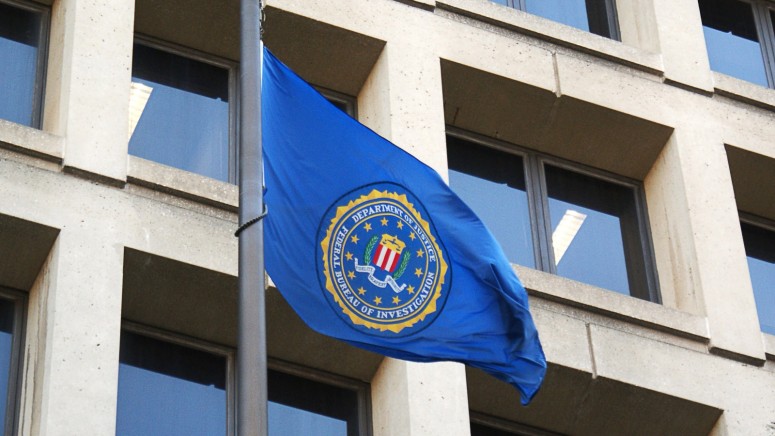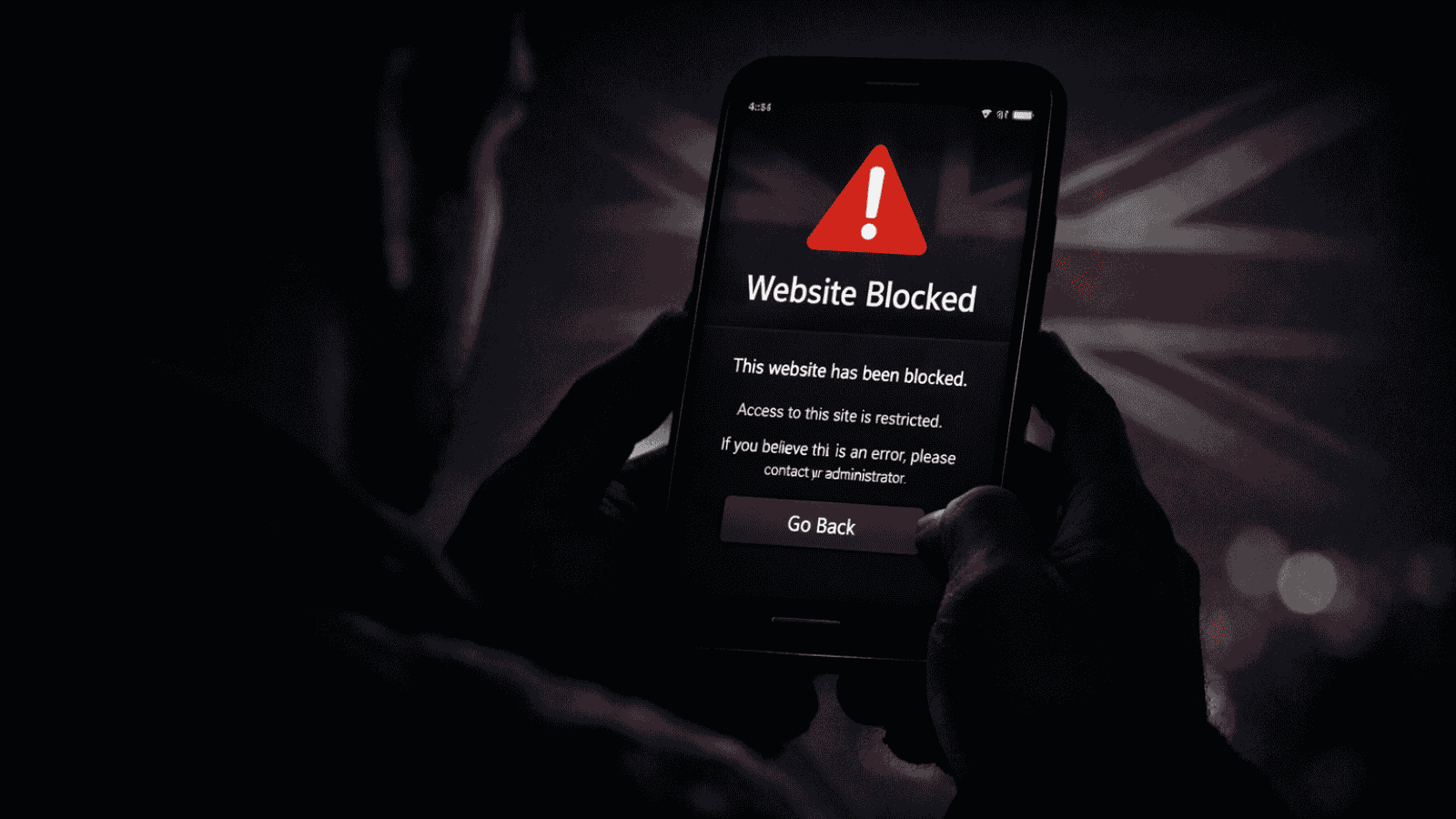
The US DOJ May Soon Pry Into People’s Browsing Data Without Warrant
- A proposed amendment to the “Patriot Act” will make it legal for the DOJ to spy on people’s browsing histories.
- This includes privacy advocates, political rivals, activists, journalists, and other persons of special interest.
- The FBI has been unlawfully conducting background searches on people, so in practice, little will change.
The “Patriot Act” is about to be renewed, and privacy advocates worry about a recently introduced “Section 215,” which would enable to U.S. Department of Justice (DOJ) to acquire and analyze people’s browsing activity without having to secure a warrant. This new provision was brought to the table by Senator Mitch McConnell, and the amendment will soon be offered for voting. If voted for, the provision will enable Attorney General Bill Barr to retrieve the internet browsing history of individuals or entities, by simply claiming that this is related to an ongoing investigation. No proof of this will have to be produced, and no warrants will have to be secured.
This practically means that anyone from low-income citizens up to high-ranking organization executives will be subject to Barr’s - and by extension, the government’s - scrutiny. This includes opposing politicians, journalists, activists, advocates of any kind, leaders of minorities, and anyone else. As expected, this amendment raises great concern to those who have been following the developments, including other Senators. For example, Senator Ron Wyden has stated the following in relation to the new section:
“Together, EARN It and Mitch McConnell’s Patriot Act amendments would give the most corrupt attorney general of our lifetime unprecedented ability to pry into everything Americans do and say online. It would be an unconscionable mistake for Democrats to hand Donald Trump and Attorney General Barr these sprawling powers, especially during the COVID-19 crisis, when Americans are spending more and more time on our devices.”
The ongoing COVID-19 pandemic has the public’s attention fixed on other matters, so maybe the existing government saw a chance to pass laws that would otherwise meet social resistance and street rallies. These are out of the question right now, so passing or having the amendment rejected will be a case to be decided among the Senate voters. A Republican politician introduced the amendment, and the Senate consists of 53 Republicans, 45 Democrats, and two independents. That said, the chances of the proposal being voted for are higher.
The FBI (Federal Bureau of Investigation), which operates under the jurisdiction of the U.S. DOJ, has had its unlawful practices recently exposed by its very own transparency report. In it, the FBI presented a large number of communication backdoor searches that it conducted without obtaining a warrant for doing so. There are many instances of warrant requirement violations, compliance incident reports, and all of that even comes after the Section 702 data bashing. Having the law amended to make all of this legal will just silence any voices that protest these practices, so there will be no complaints about breaking any laws.












